The Birkbeck Institute for the Study of Antisemitism holds seminars, workshops and conferences for scholars, and lectures, discussions and film screenings that are open to everyone.
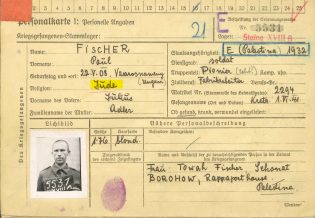
In this seminar, Dr Yorai Linenberg explores the lives of American and British Jewish POWs throughout their time in Nazi captivity, from the moment of capture – facing the decision whether to declare themselves as Jews – to their personal experiences of daily life in the POW camps.
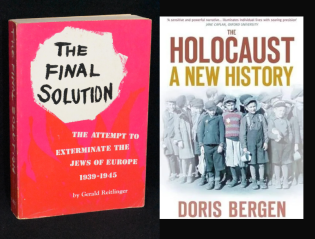
How did the Nazis’ attempt to annihilate the Jews of Europe come to be known as ‘The Holocaust’? Professor Jane Caplan will examine the terms used to name Nazi policies and practices. She will demonstrate how the language we use is tightly entangled in the sort of research historians undertake and the interpretations they offer.
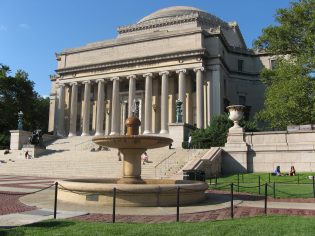
Since the Hamas attacks of 7 October, some US campuses have been in the midst of controversy. In this seminar, Kenneth S. Stern asks what’s going on, and what should be done?
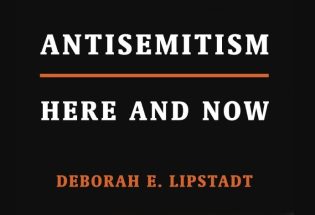
In this lecture, Ambassador Deborah Lipstadt explores the nuanced landscape of antisemitism as she delves into the unexpected commonality of antisemitism uniting the right and the left. She exposes how and why antisemitism is found across the ideological spectrum – and how combating it on one side can fuel the fire on the other.
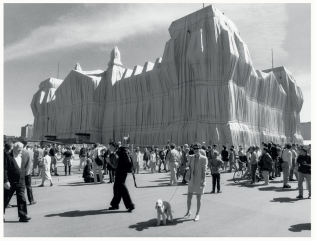
In this talk, Professor Frank Trentmann draws on his new book, ‘Out of the Darkness’, to put current developments in historical perspective. Through this book, he seeks to answer a central question: How have the Germans changed since 1942 and why? And who are they now?
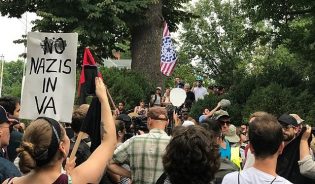
In this talk, Magda Teter, the author of ‘Christian Supremacy: Reckoning with the Roots of Antisemitism and Racism’, will explore the interplay between Christian theology and law that led to the creation of social hierarchies, legal exclusion of and a denial of equality to Jews and Black people. She will argue that this troubling legacy still haunts us today.
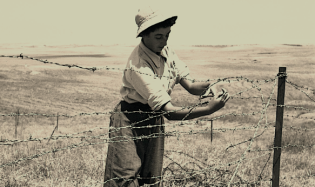
In this talk, Professor Arie Dubnov will explore the multifaceted perception of Gaza within Israeli culture, revealing the complex dynamics within Israeli responses to October 7th.
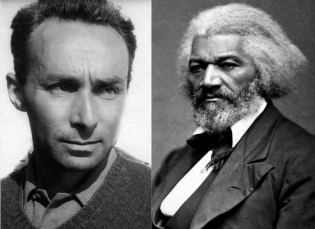
This lecture will bring together the narratives and memories of two suffering groups of people: the victims of the concentration camps and ghettos in Europe and the slave plantations in the American South.
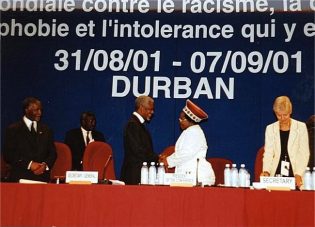
In this seminar, Emilie Wiedemann will focus on the preparations for the UN World Conference Against Racism held in September 2001 and the advocacy of diaspora Jewish NGOs within this context.
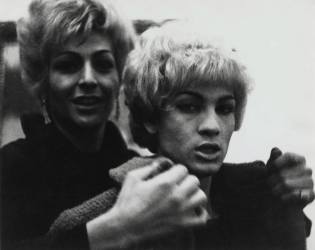
In this talk, Professor Evans explores the photography of two middle-aged Jewish women and former refugees, Lisetta Carmi and Madalena Schwarz, who fostered relationships of trust and kinship with the trans communities they photographed.
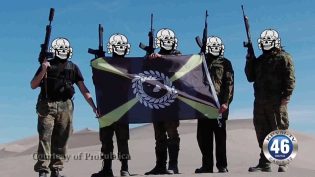
As the Far Right is on the rise, understanding the worldview of its participants is more important than ever. Based on extensive archival work and interviews, Spencer Sunshine will document the largely unexplored history of America’s contemporary white supremacist and neo-Nazi movements.
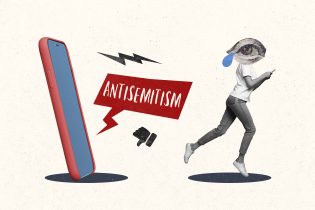
Drawing on quantitative survey data gathered both before and after the October 7 attacks, Jonathan Boyd will discuss the position of Jews in Britain today, how, if at all, they have been impacted by the Hamas-Israel war, and what the future may hold.
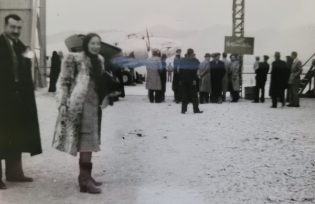
This workshop, which will be led by Atina Grossmann, aims to foster interdisciplinary dialogue and scholarly exchange on the experiences of Jewish refugees in the British Empire before, during and after the Holocaust.
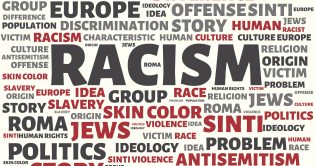
This conference explores the relationship between anti-racism and anti-antisemitism and the difficult and contested relationship of other minoritized groups, such as Muslims and travellers, to anti-racist politics in the UK.
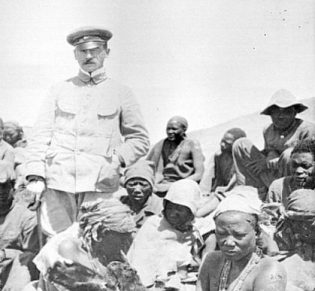
In this talk, Professor Gary Younge will discuss what German Colonialism and the experience of Black Germans in Nazi Germany can tell us about systems of racial oppression.
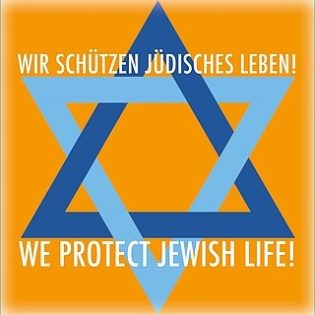
Since Hamas’s October 7 attack on Israel and Israel’s counterattack on Gaza, there is a rise in antisemitic attacks in Germany. German politicians have defined the protection of Israel as Germany’s ‘Staatsraison’ because of Germany’s historical responsibility for the Holocaust. Irit Dekel’s talk brings a new angle on German debates concerning antisemitism.
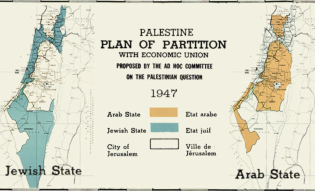
Between 1947 and 1949, debates about Palestine within the United Nations pulled dozens of countries into the determination of the land’s fate – national interests and transnational sympathies shaped attitudes towards the partition of Palestine and the ensuing Arab-Israeli war. The war riveted the attention of the world – for reasons that still apply in our own day.

Historians have recognized the wide range of sexual fantasies underlying attitudes toward Jewish men and women that have developed over the centuries. However, those fantasies about Jewish women, enacted over centuries in horrific acts of sexual violence, most recently in Israel on 7 October 2024, have received far less attention. In this context, Susannah Heschel will argue that antisemitism requires reinterpretation as a culture of sadism.
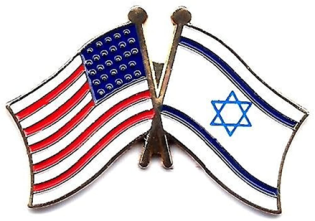
How did the changing position of Jews in North American society, and shifting ways of talking about Judeophobia, shape the American wing of the transnational Zionist movement? Douglas Rossinow explains these issues by examining themes and events in US Zionism’s history after 1948.
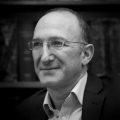
Our work shows how antisemitism has often been intertwined with anti-Muslim, anti-migrant, anti-black and anti-Irish bigotries. Antisemitism and other racisms should not be considered in isolation and still less in competition.
Professor David Feldman, Director